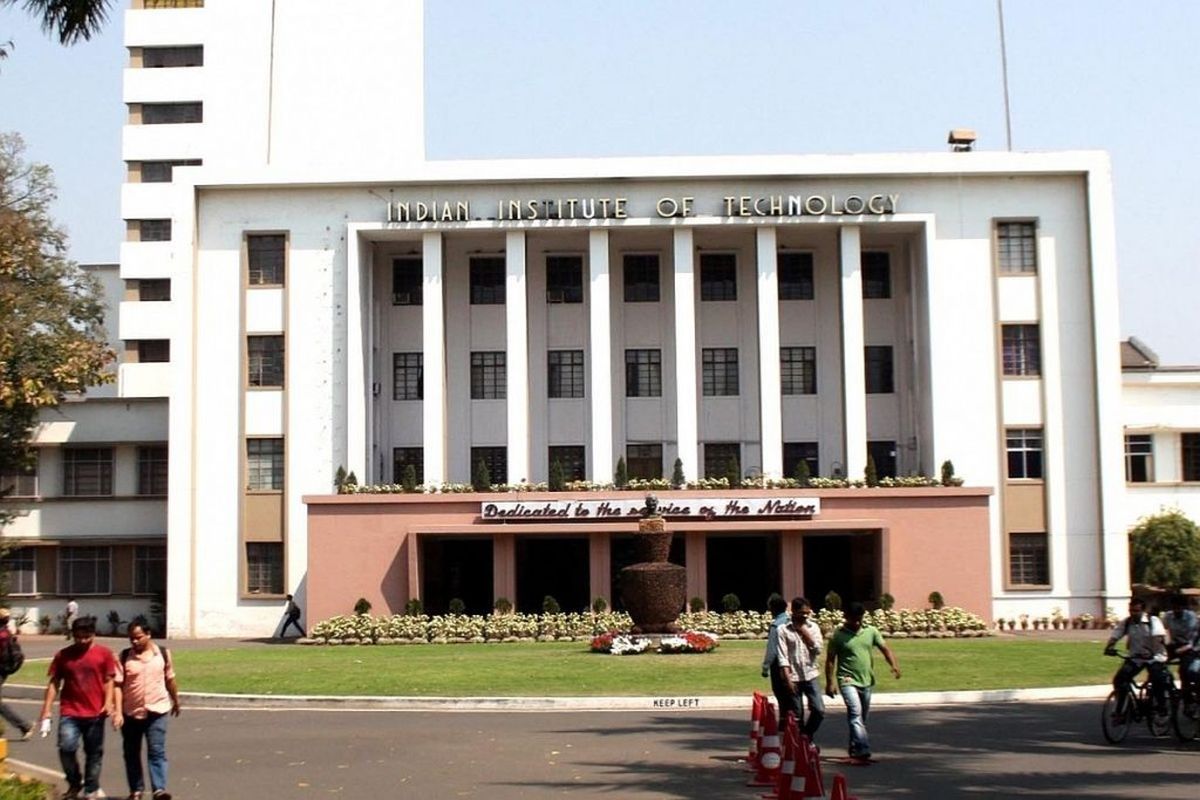A recent ground-breaking study led by professor Jayanarayanan Kuttippurath from the Centre for Ocean, River, Atmosphere and Land Sciences (CORAL) at the Indian Institute of Technology Kharagpur (IIT Kharagpur) has debunked previous alarming claims of a severe ozone hole in the tropical stratosphere.
This international collaborative research provides new evidence that reassures the global community: there is no significant ozone depletion in the tropics, and no associated health threats to the millions of people living in these regions.
Advertisement
The study, titled “No Severe Ozone Depletion in the Tropical Stratosphere in Recent Decades”, challenges earlier assertions that suggested a massive year-round ozone hole in the tropics. Such claims had previously sparked concerns, as the potential health impacts could affect nearly half of the world’s population residing in tropical areas.
Stratospheric ozone plays a critical role in protecting life on earth by absorbing the majority of the sun’s harmful ultraviolet radiation. Significant depletion of this ozone layer can lead to severe environmental and public health consequences, including increased risks of skin cancer, cataracts, and other health issues.
The researchers, including international experts from Germany and France, meticulously analyzed data from ground-based observations, ozonesonde (balloon-borne instrument) measurements, and satellite-based ozone readings to investigate trends over the past five decades (1980-2022). Their findings indicate that the amount of ozone in the tropics has remained relatively stable and is significantly higher than the levels that would signal an ozone hole.
Professor Kuttippurath explained, “In contrast to previous claims, our study finds that there is no ozone hole in the tropics and, therefore, no health threat associated with that. The average ozone levels in the tropics are about 260 Dobson Units (DU), well above the ozone hole criterion of 220 DU. The slight decrease in tropical ozone in recent decades is attributed to changes in atmospheric dynamics, not to chemical processes.”
The study also criticized the methodology of the earlier research that claimed the existence of a tropical ozone hole. “The previous study used data from the surface to an altitude of 11 kilometres, which is insufficient to assess ozone distribution in the core ozone region, between 15 and 20 kilometres,” said GS Gopikrishnan, a research scholar and co-author of the study from IIT Kharagpur. “Moreover, the data set used had high uncertainty and large gaps, making it unfit to support any scientific conclusions.”
The research team emphasized that the conditions required for an ozone hole, such as extreme cold temperatures, strong polar vortexes, and the presence of polar stratospheric clouds, are unique to Antarctica and do not occur in the tropics. “Ozone dynamics in the tropics is primarily driven by atmospheric circulation patterns,” added Professor Kuttippurath. “The previous claim of a tropical ozone hole was based on a flawed theoretical framework and inadequate measurements.”
Rolf Müller, Sophie Godin-Beekmann and Jerome Brioude, who collaborated on the study from institutions in Germany and France, reiterated that the study’s results align with the current scientific consensus on ozone dynamics and atmospheric conditions.
This new research not only refutes the existence of a tropical ozone hole but also highlights the importance of accurate data and robust methodologies in environmental science. The findings are expected to reassure public health officials and policymakers worldwide, alleviating concerns about the potential health impacts of an ozone hole in the tropics.











